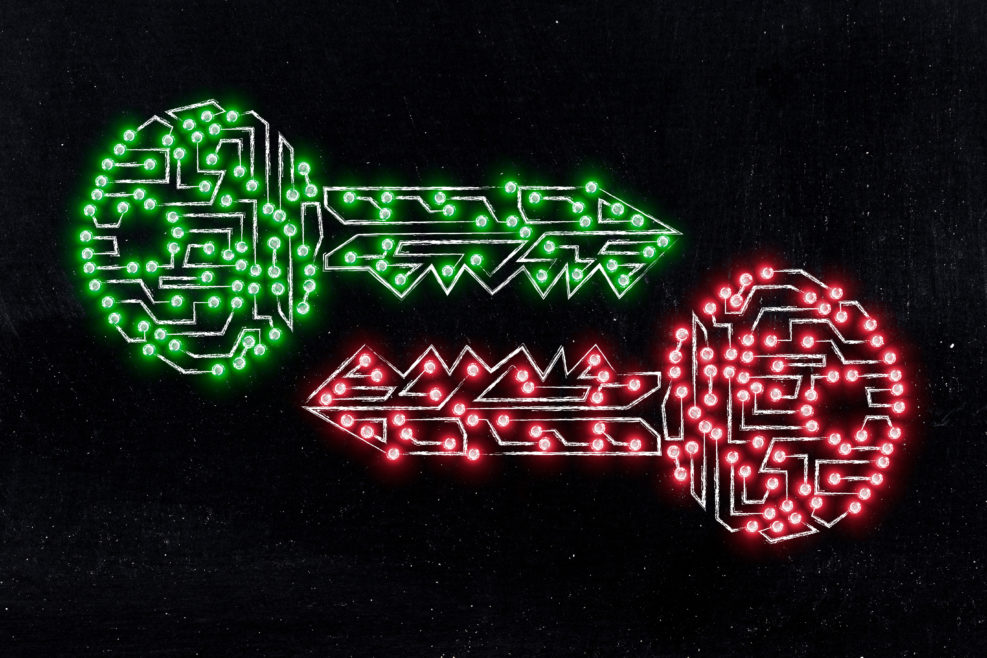
Claim: Research Shows That Animals Have a Moral Sense
We are informed at Nautilus, the Templeton Foundation’s magazine, that “ It’s time to take moral emotion in animals seriously.” Really?Philosopher James Hutton starts out his article as a sort of a “trick.” He describes the animals he works with as if they were colleagues. Then, in paragraph four, he announces, “But there are a couple of important details about Amy and Sidney that you should know. The first is that they aren’t workers in any conventional sense, but participants in an experiment.” Coming to the point, they’re dogs. And anyone who had been reading carefully would realize that they were animals, probably dogs or horses. But now here is the supposed big revelation from the University of Vienna experiments Hutton describes: The first big idea is that the moral attitudes of human beings are thoroughly emotional in nature. Of Read More ›


















